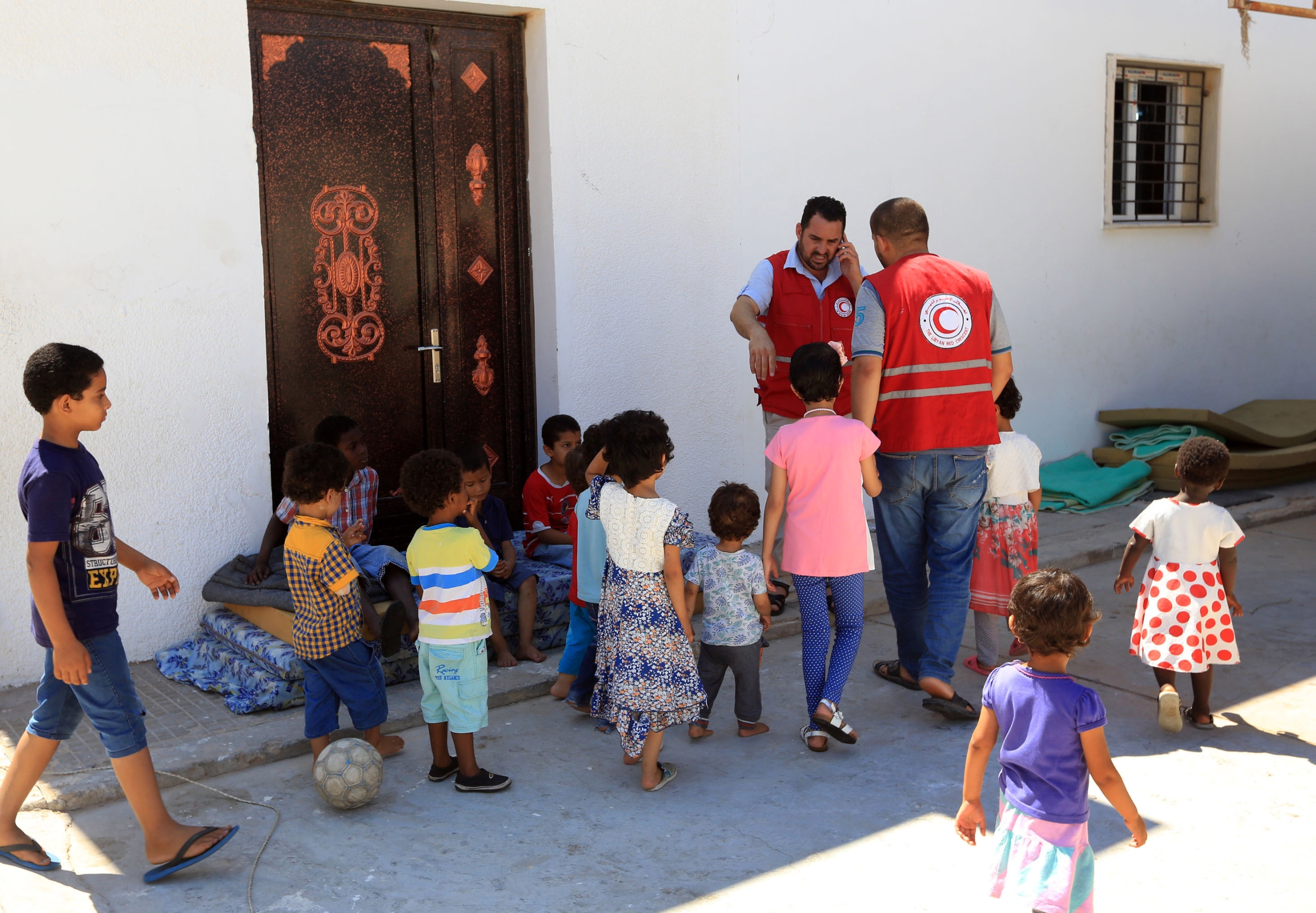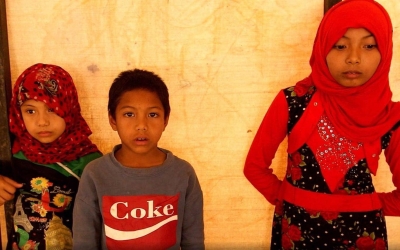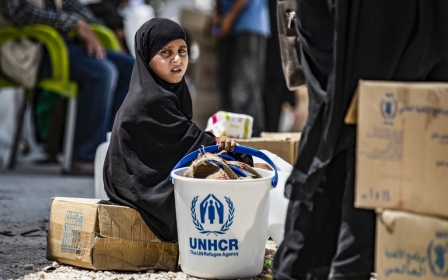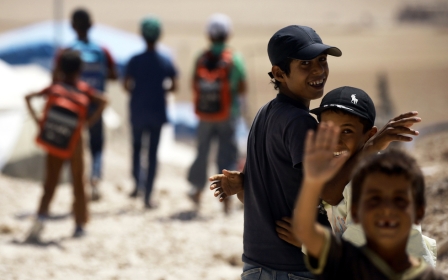Tunisia repatriates children of slain Islamic State fighters from Libya

Tunisia has repatriated six children whose parents were killed while fighting for the Islamic State (IS) group in Libya, state media has reported.
TAP reported on Friday that the six children, aged between three and 12, had been "brought back" from the Libyan city of Misrata, while another 36 children remained incarcerated with their mothers at one of the city's prisons.
The Libyan Red Crescent said in a statement that the children, whose names have not been revealed, had been under the care of local authorities for the past 3 years.
"The children received all sorts of care and services. The main objective was for their return home to live with their relatives," it said.
According to Human Rights Watch (HRW), more than 100 non-Libyan women and children have been held without charge at two prisons in Misrata and the Libyan capital, Tripoli.
New MEE newsletter: Jerusalem Dispatch
Sign up to get the latest insights and analysis on Israel-Palestine, alongside Turkey Unpacked and other MEE newsletters
The rights group has accused Tunisian officials of "dragging their feet" on efforts to repatriate the children and its citizens.
"Legitimate security concerns are no license for governments to abandon young children and other nationals held without charge," it said in a report last February.
"Tunisian children are stuck... while their government seems to barely lift a finger to help them."
According to the rights group, up to 1,500 Tunisians are estimated to have travelled to Libya in 2014 and 2015 to join the local chapter of IS.
The group first raised its black flag over the coastal city of Sirte in 2014, and also established a presence in the cities of Benghazi, Derna and Sabha before being repelled by Libyan forces backed by US air strikes.
The armed group, which had a much larger presence in Syria and Iraq at the time, took advantage of the political instability in Libya when various factions that emerged as powerbrokers after the fall of Muammar Gaddafi in 2011 turned against each other.
According to Tunisian officials, about 900 IS fighters have since returned to the country, while the rest have either been killed or captured by various Libyan militias.
"For God's sake, save the children from destruction," one mother detained in a Libyan prison wrote to a family member in a letter shared with Human Rights Watch in 2018.
"They are slipping [emotionally] from our hands."
Middle East Eye delivers independent and unrivalled coverage and analysis of the Middle East, North Africa and beyond. To learn more about republishing this content and the associated fees, please fill out this form. More about MEE can be found here.





